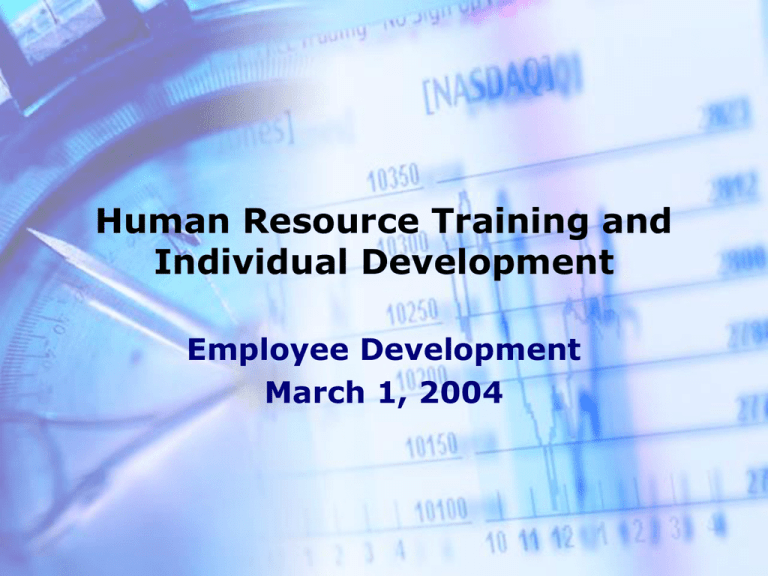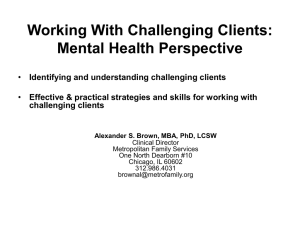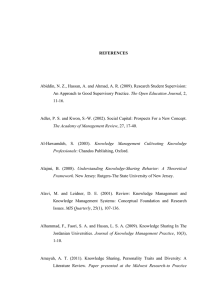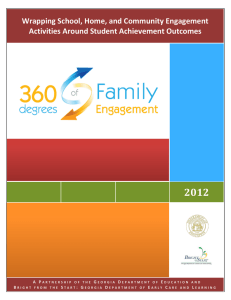Employee Development - Studies
advertisement

Human Resource Training and Individual Development Employee Development March 1, 2004 Overview • Employee development – – – – Education Assessment Job experiences Performance appraisal and management – Mentorship programs Definition Development refers to formal education, job experiences, relationships, and assessments of personalities and abilities that help employees prepare for the future. Employee Development • Training vs. development – – – – Focus Work experiences Goals Participation • Why development? Approaches to Employee Development Assessment Formal Education Interpersonal Relationships Job Experiences Formal Education • Off and on-site • Short courses • Executive education Assessment • Involves collecting information and providing feedback to employees about their behavior, communication style, or skills. Popular Assessment Tools Personality Assessment Benchmarks Performance Appraisals & 360Degree Feedback Assessment Center Personality Assessment • Personality assessment frameworks: – Myers-Briggs Inventory (MBTI) – The “Big Five” personality factors • Why assess personality? Performance Appraisals • Performance appraisal is the process of measuring employees’ performance. • Measuring performance: – Ranking employees – Rating work behaviors – Rating the extent to which employees have desirable traits believed to be necessary for job success – Directly measuring the results of work performance. • Problems 360-Degree Feedback Systems • • • • • Who rates the focal employee? Why 360-degrees? Link to development Effective systems When are these systems used? Job Experiences • Relationships, problems, demands, tasks, etc. • Most employee development occurs through job experiences. • How and when does development occur? Enlarging Job Experiences • Methods – – – – – Promotion Lateral move Transfer Downward move Job rotation Interpersonal Relationships • How do interpersonal relationships stimulate development? • Types of formal relationships – Mentoring – Coaching Successful Mentoring Programs • Voluntary • Informal relationships • Choosing mentors • Purpose • Length • Level of contact • Evaluation • Rewards The Development Planning Process • Elements – Identifying development needs – Choosing a development goal – Identifying the actions that need to be taken by the employee and the company to achieve the goal – Determining how progress toward goal attainment will be measured – Establishing a timetable for development • Responsibilities Company Strategies • Individualization • Learning control • Ongoing support Next Time • Assessment: Personality • Read: – McCrae & Costa (1997) – Wright (2003).






